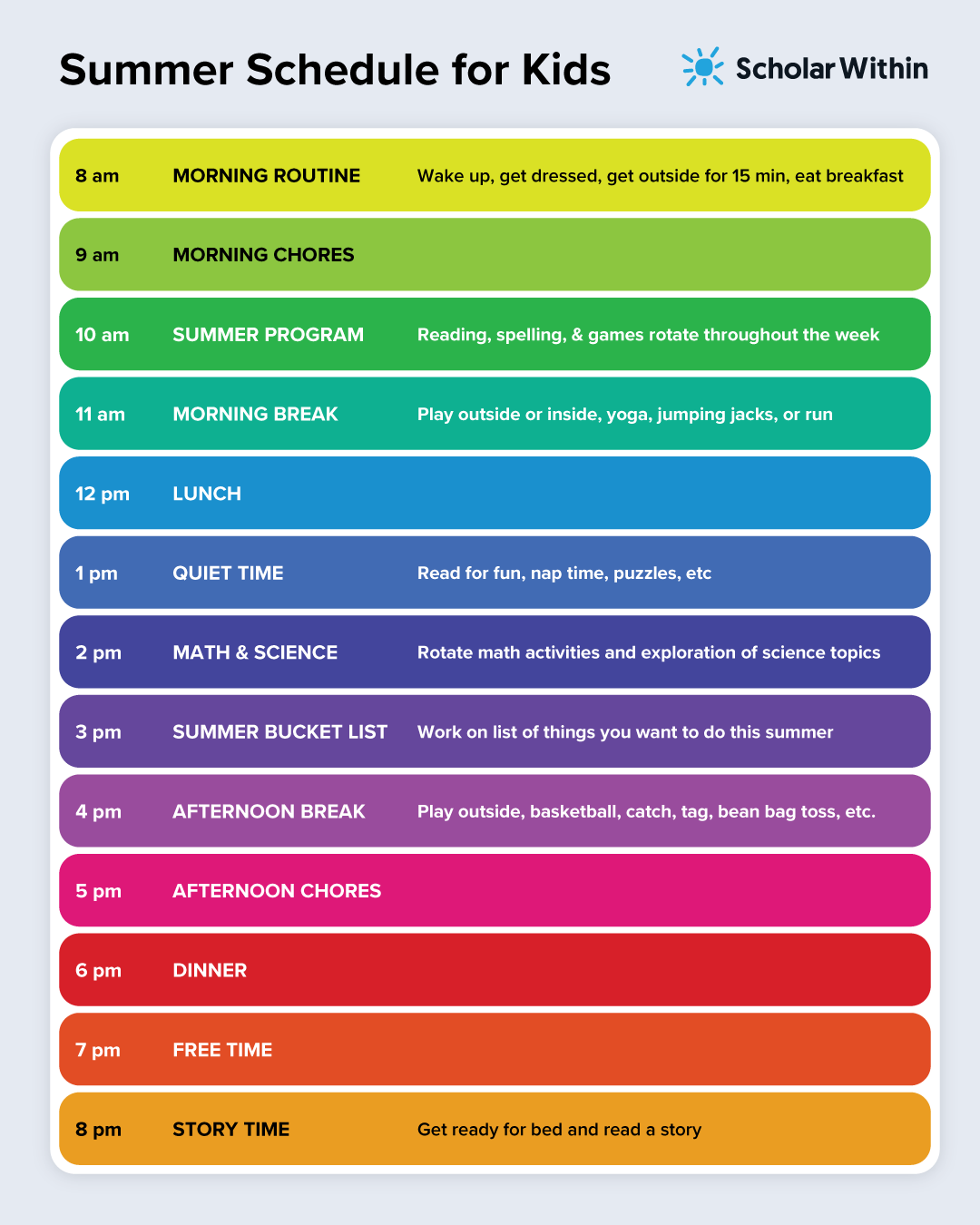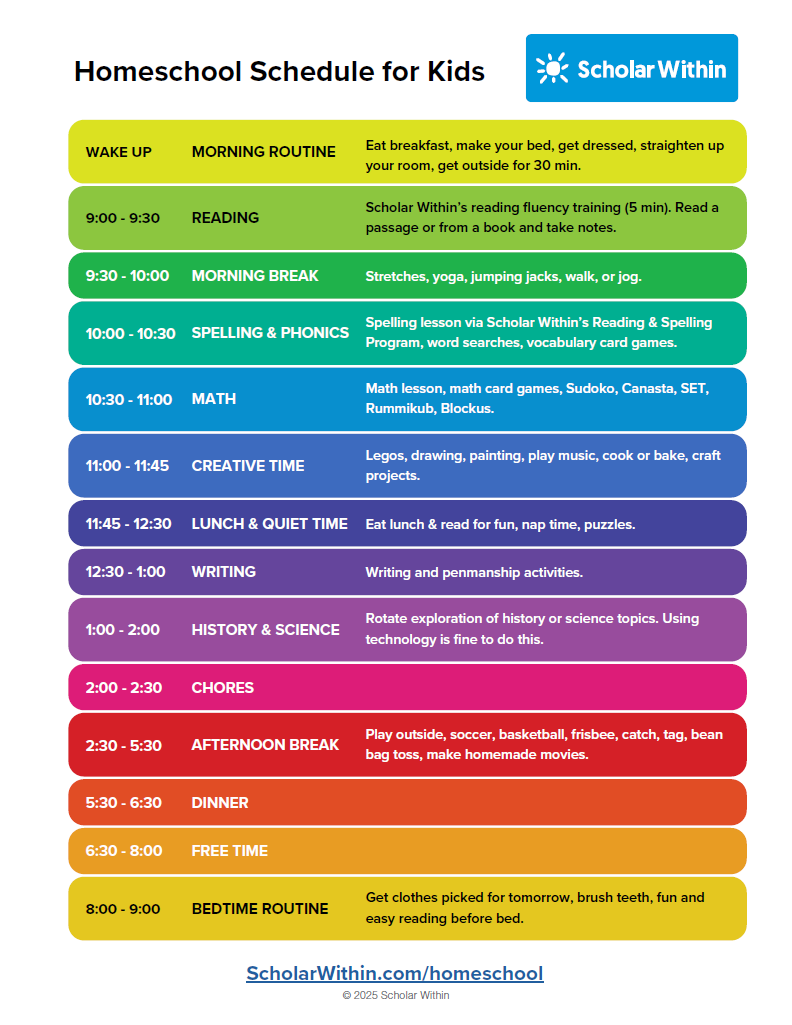
COVID-19 Learning Loss
Enrollment for Summer Reading Program 2022 is now open!
Register Now
Is your child behind?
One of the most heard concerns from parents is that they worry that their child is behind. In fact, learning loss during COVID-19 is something we should all be aware of. You know as well as I know how your kids have struggled the past couple of years with remote learning and mask mandates.
Your kids have gone through something no other generation has ever had to deal with. Fully remote learning, hybrid learning, and back-to-school masked learning. They are champions in their own right for making it through this year. But still, for many of you, keeping your kids on-task during their class has been difficult. I think we all can empathize with our kids about how difficult this past year has been.
This has been particularly hard for students in kindergarten, 1st grade, 2nd grade, and 3rd grade. Mask coverings have made it specifically difficult for students to understand speech. Face masks impair verbal and non-verbal communication. Masks also block emotional signaling between teacher and student. Students with auditory processing issues have been affected even more so.
What one parent said…
When speaking with my friend Mary, a parent of a 5th grader and 2nd grader, she said, “I’m so frustrated. My son is still struggling with reading this year. Luckily this year he has been back at school, but the mask coverings have made it hard for him to hear his teacher. He just hasn’t made as much progress as he should have. And, it’s not like I know how to teach him to read. I don’t know what to do this summer to get him up to speed.”
How has COVID-19 learning loss impacted kids?
Mary is not alone with this frustration and concern about her son. Let’s admit it, school has been just plain hard for so many kids this year. In fact, multiple studies have reported long-term learning loss due to COVID-19 to be as much as 1.5 years loss over time. Studies from Stanford University also state that the learning gap between low-income students and those that are not low-income is widening. Some students may be held back due to missing so much instruction from not being able to sit still for their online classes. Additionally, USA Today states that a slew of new reports show alarming numbers of kids falling behind, failing classes, or not showing up at all.
What is the typical summer learning loss?
During non-COVID times, students typically lose a percentage of what they have learned the previous school year. In fact, the study in the American Education Research Journal that was published spring of 2020 states that 52% of students typically lose an average of 39% of their total school year learning gains over the summer. This study was done over five summers with grades 1 through 6. The study included 18 million students in 7,500 school districts. When you add in the learning loss that COVID-19 has engendered, it is important to do something to mitigate the loss.
What can a parent do? Can you mitigate the summer loss of learning compounded by COVID-19?
Too many kids have been impacted by school closures. The only redeeming point here is that all of our kids have been in the same boat. But what can you do about this learning loss? Is there something you as a parent can do? This is why summer reading programs are more important than ever. The largest-ever study of summer learning shows that summer reading programs mitigate this loss. In fact, the learning loss can be cut substantially whether students are primary (K-3rd), intermediate (4th-6th), or even middle school age (7th-9th).
4 Recommendations to Stop Summer Learning Loss:
This summer, create a routine for your kids. Routines are essential to success and they give all of us structure and a sense of accomplishment. Keeping our kids in a routine will help with their stress level, keep their brains in work mode vs. vacation mode, and help parents not turn into babysitters!
- Have regular times for waking up, eating lunch, and having dinner.
- Create a routine for study time (preferably the same time each day for a set amount of time). This can and should include reading for pleasure.
- Set aside time for exploration whether it is doing an activity in the yard or exploring cooking, creating with Legos, painting, doing puzzles, sock puppet shows, or crafts.
- Enroll in a research-based summer reading program that includes the 5 key principles of reading.
We have created an example schedule below. Feel free to modify this to a schedule that works for you and your kids. The key here is to try to create consistent times throughout the day for studies, eating, and family time.

Advance Faster with Research-Based At-Home and Online Summer Reading Program
We believe we can help you and your kids with our At-Home and Online Summer Reading Program for grades K-8. It includes the 5 key principles of reading instruction. When you pair the 5 principles of reading instruction with short fun activities reading skills improve quickly.
There is a big difference between remote learning kids have done across the country and our at-home and online learning program. First, the program was designed to be online and at-home to begin with, rather than trying to transition traditional schooling into a remote environment. A lot of the activities you can do offline and around the house. Plus, you can fit the activities into your schedule, take a family vacation, and resume the program when you are able to.
Scholar Within’s Summer Reading Program Includes the 5 Key Principles of Reading
We also include executive function activities (planning skills), games, and more to make it easier to learn. Daily activities are typically each 5 to 15 minutes in length.
You can increase your kids’ desire to read. You can improve their reading skills, memory skills, and comprehension skills. The Idaho State Librarian Stephanie Bailey-White recently told Education Dive that students who continue to read over the summer tend to gain a year or two over their peers who don’t. Now is the time to make a difference.
Learn more about our Summer Reading Program
What grade level is your child entering in the fall of 2022?
Select a grade level to learn more about each individualized program:



